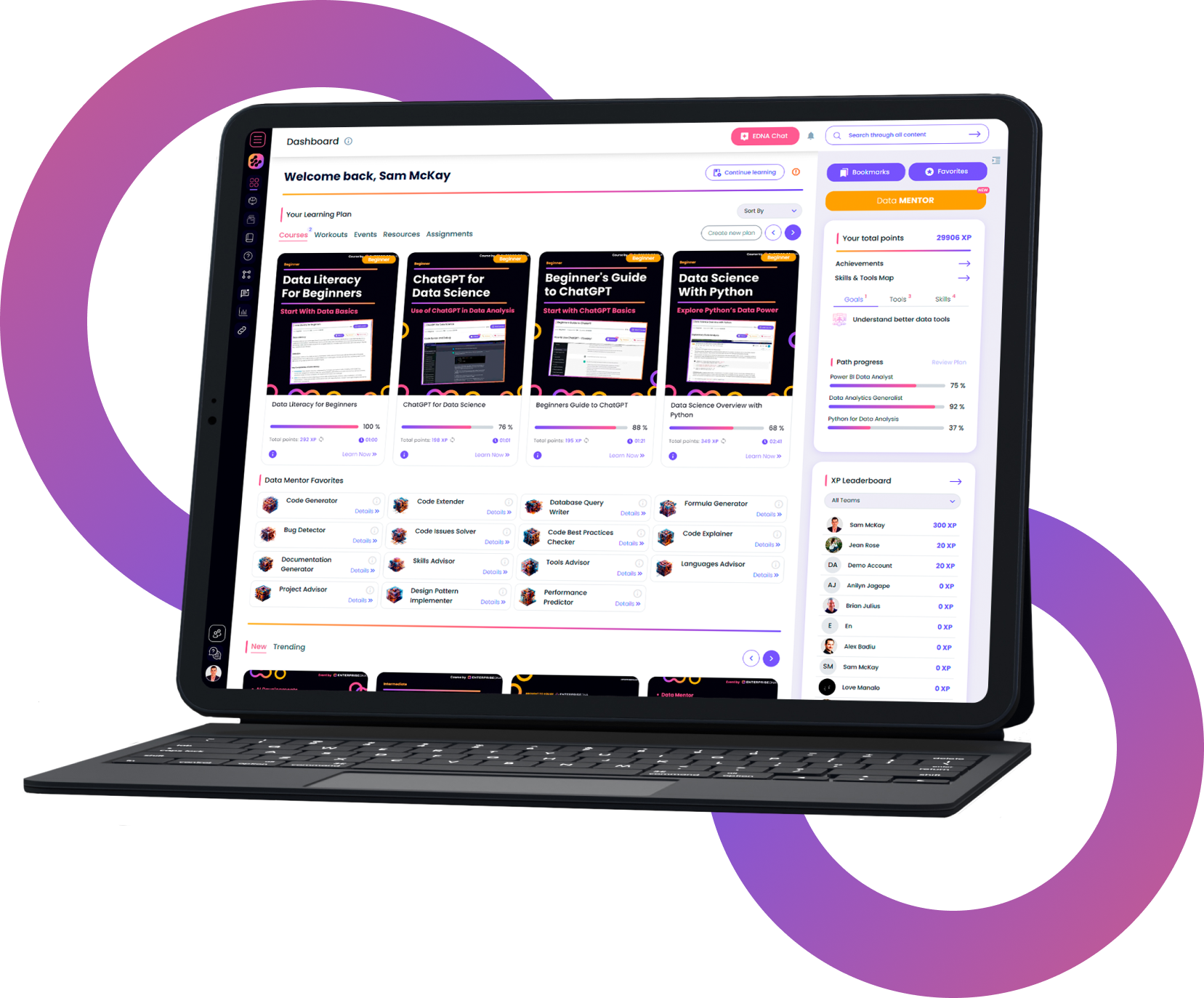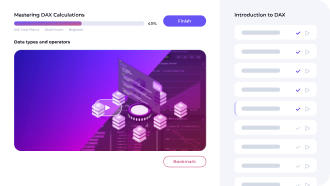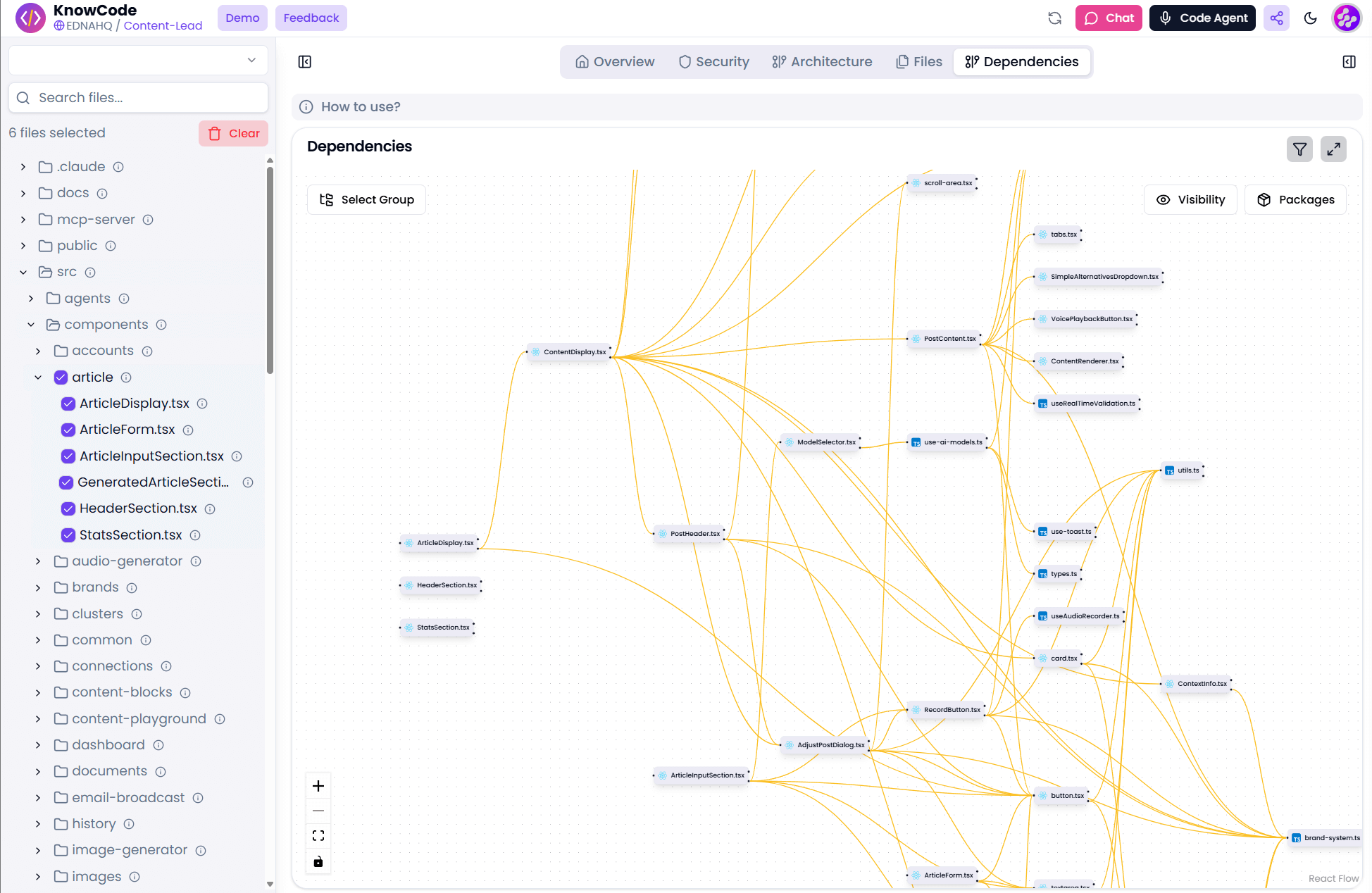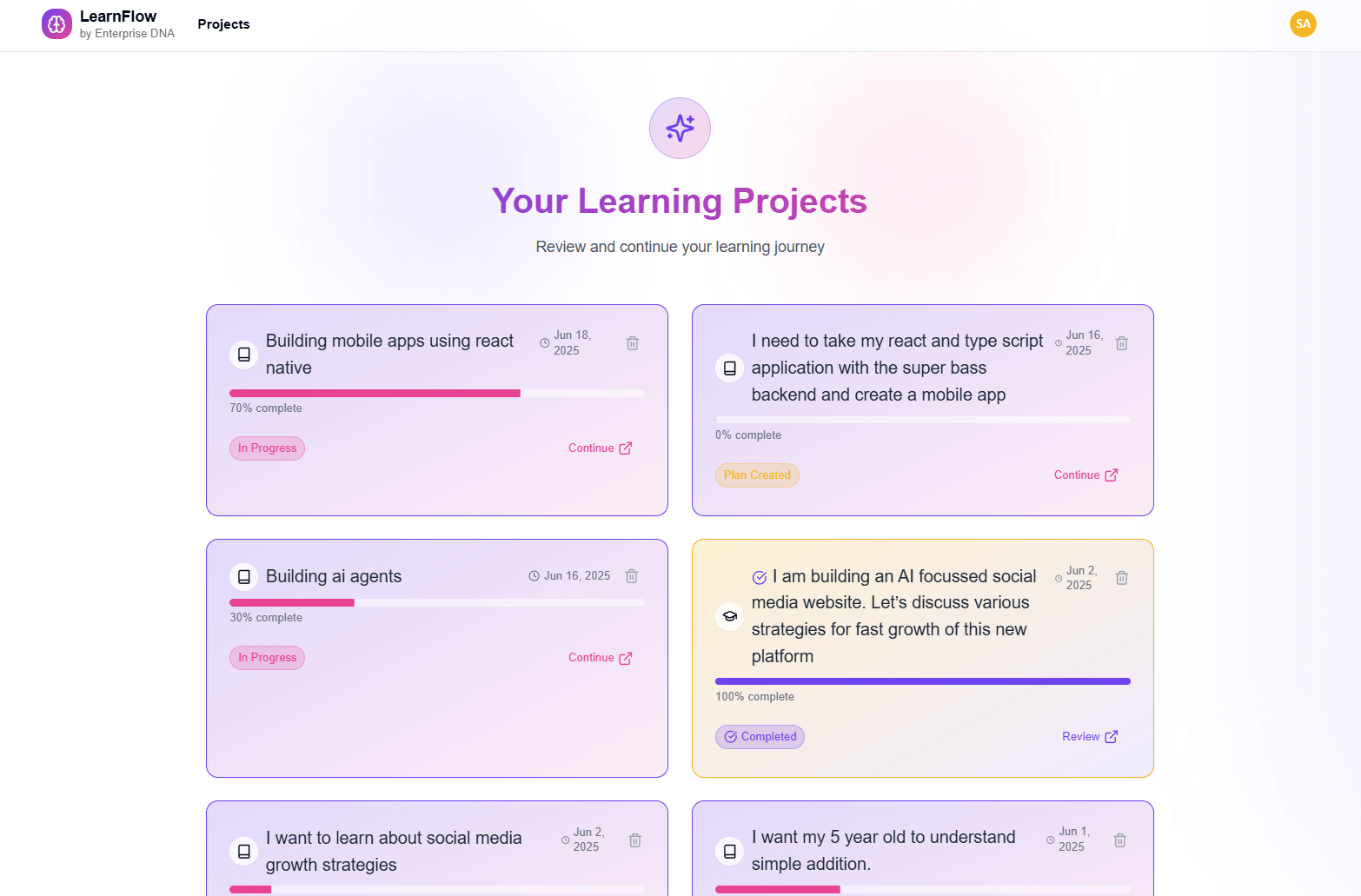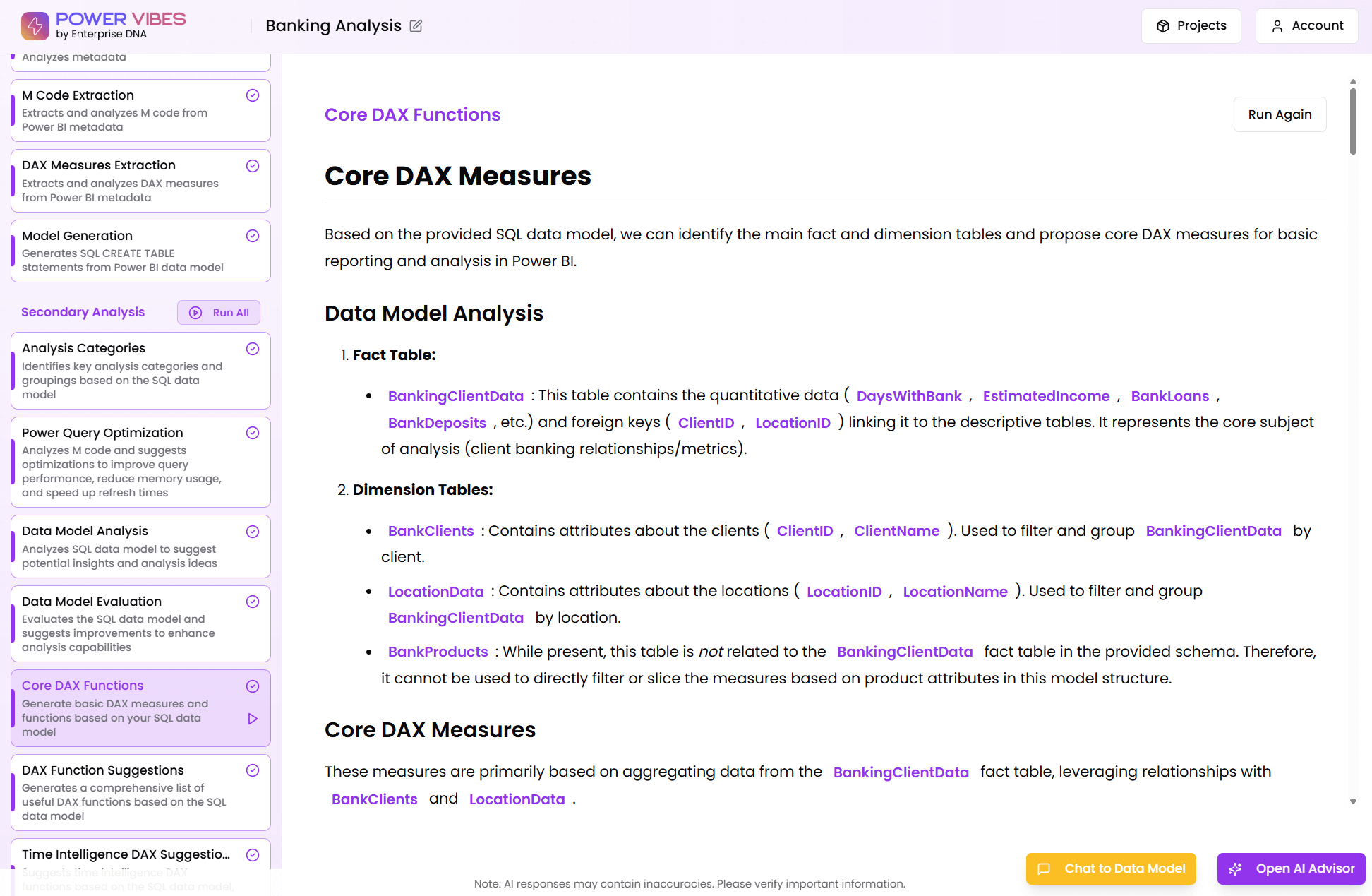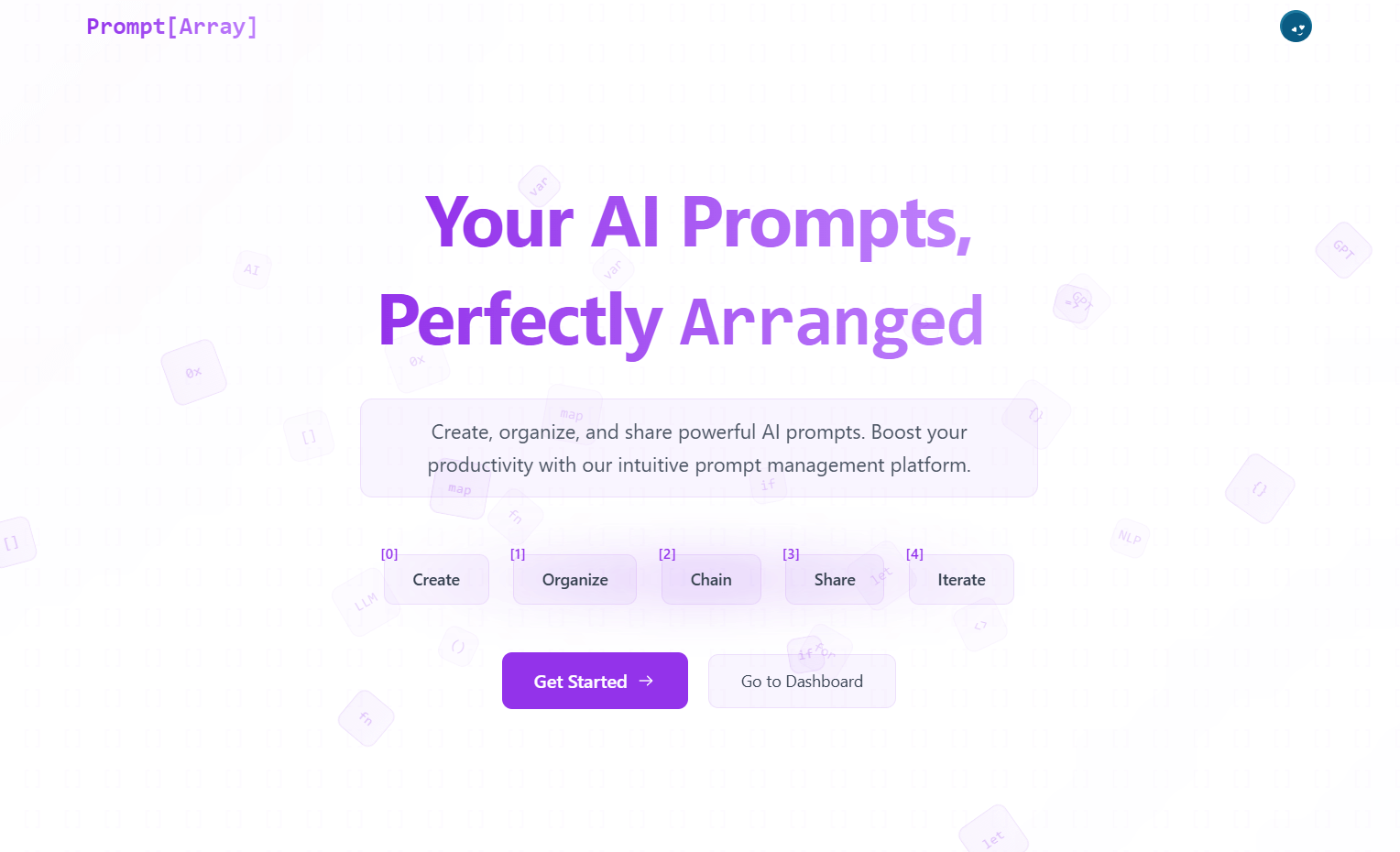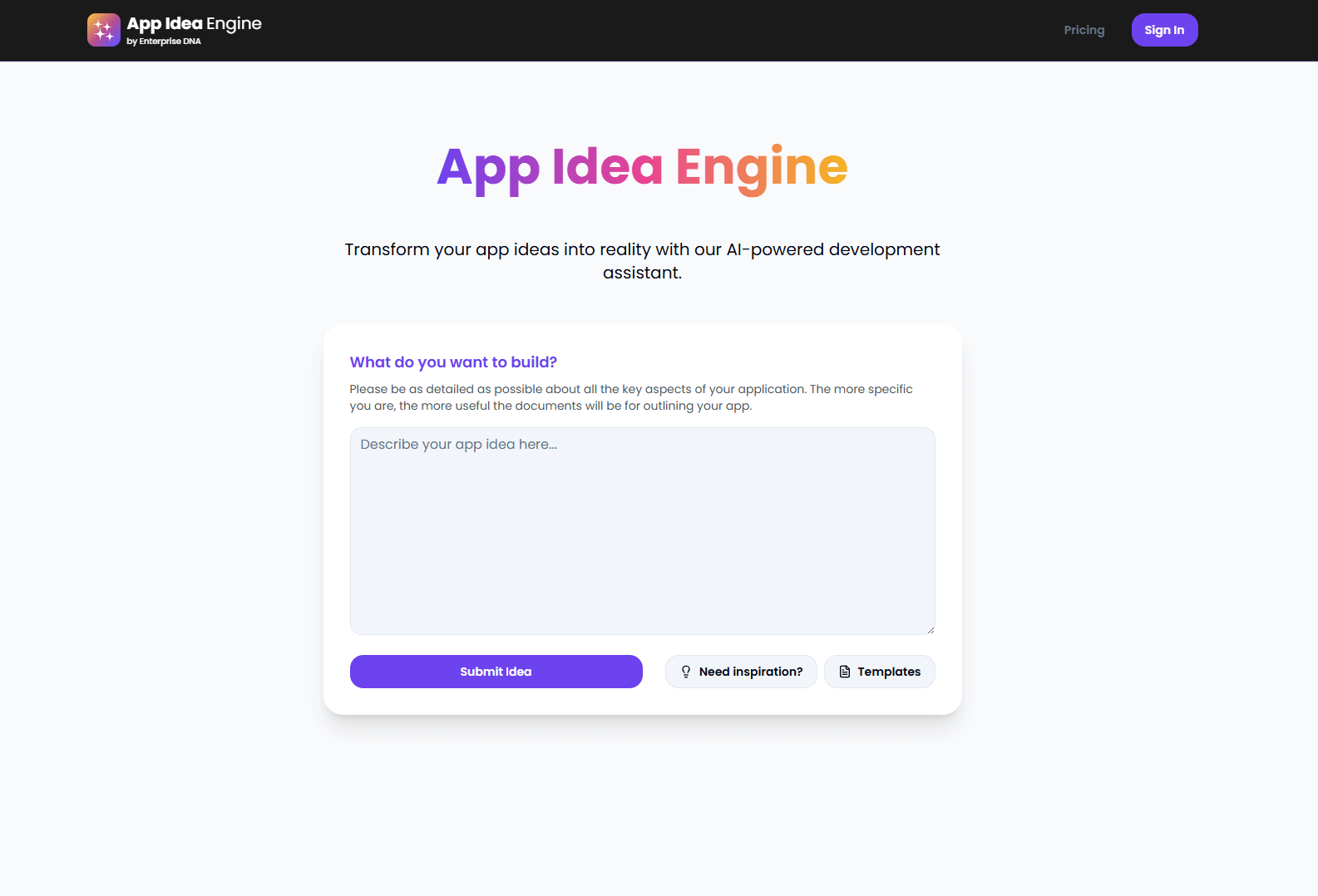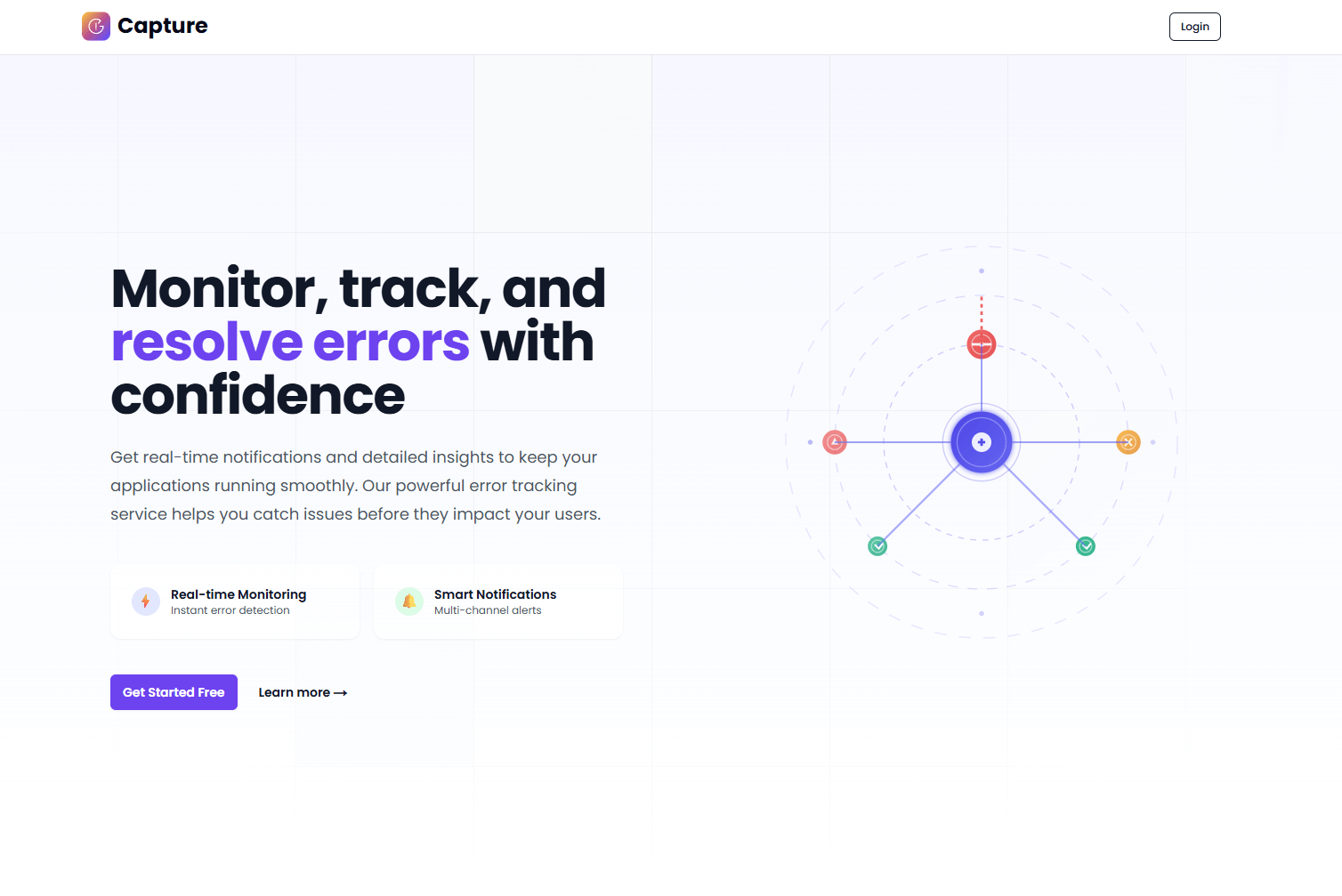R Programmer (Developer)
R is a programming language and free software environment for statistical computing and graphics. It is widely used among statisticians and data miners for developing statistical software and data analysis. R provides a wide variety of statistical and graphical techniques including linear and nonlinear modeling, classical statistical tests, time-series analysis, classification, clustering, and more.
R is a programming language and software environment for statistical computing and graphics.
R provides a wide range of statistical and graphical techniques, including linear and nonlinear modeling, classical statistical tests, time-series analysis, clustering, and more. It also offers a variety of data manipulation tools, such as functions for data cleaning, reshaping, and merging.
R is open-source software, which means that it is freely available and can be modified and redistributed by anyone. It can be used on various operating systems, including Windows, Mac OS, and Linux. R is used by data scientists, statisticians, researchers, and analysts across various industries, including finance, healthcare, government, and academia.
An R programmer is someone who specializes in programming with the R language. They use R to develop statistical models, perform data analysis, and create data visualizations. R programmers are typically skilled in data manipulation and programming, and have a strong understanding of statistics and data analysis techniques.
EDNA MeasureUp practice test for R Programmer Skills
This Assessment test is consisting of 24 questions.
The R Programmer (Developer) Skills Assessment Test is designed for individuals who possess the technical skills to accomplish the following tasks:
- Write efficient and maintainable R code using core language concepts, libraries, and frameworks.
- Develop and deploy data analysis and statistical models using popular R packages like dplyr, ggplot2, and tidyr.
- Utilize version control tools like Git to manage code and collaborate with other developers.
- Apply testing methodologies and tools to ensure the quality of software products.
- Debug and troubleshoot issues in software systems.
- Utilize cloud platforms like AWS or Azure to deploy and manage applications.
- Develop and maintain software documentation, including technical specifications and user manuals.
- Continuously improve software development processes and methodologies to increase efficiency and productivity.
- Experience in data manipulation, cleaning, and preprocessing using packages like tidyr and dplyr.
- Familiarity with machine learning algorithms and frameworks such as caret and MLR.
These are just a few examples of the technical tasks that an R programmer or developer may be expected to accomplish on the job. Other skills and responsibilities may vary depending on the specific role and industry.
What our Students Say
Latest Assessments
Loading
Frequently Asked
Questions
What’s the difference between a free account and a paid plan?
Do I need to know anything about data science or data analytics to get started with Enterprise DNA?
How will I be charged?
Can I get an invoice for my company?
Are refunds available?
Will AI take over the world and make data skills worthless?
Get full access to unparalleled
training & skill-building resources
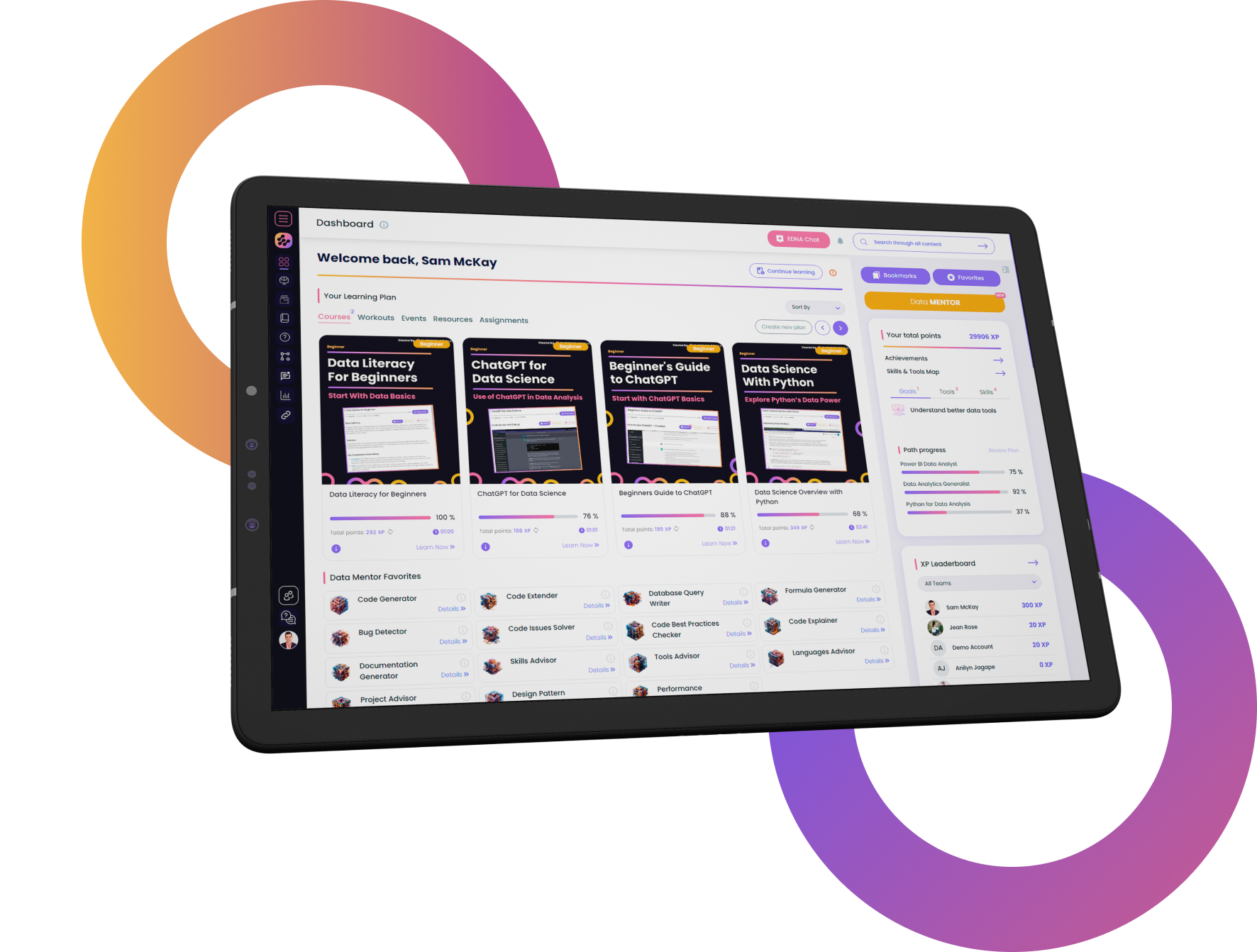
FOR INDIVIDUALS
Enterprise DNA
For Individuals
Empowering the most valuable data analysts to expand their analytical thinking and insight generation possibilities.
Learn MoreFOR BUSINESS
Enterprise DNA
For Business
Training, tools, and guidance to unify and upskill the data analysts in your workplace.
Learn More